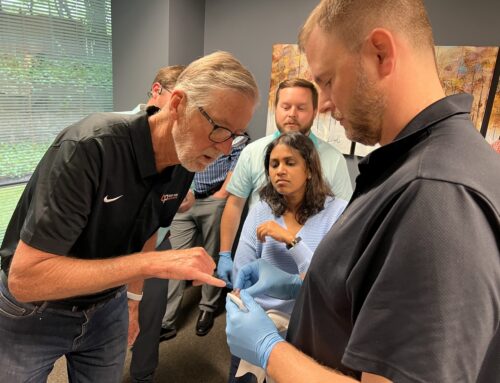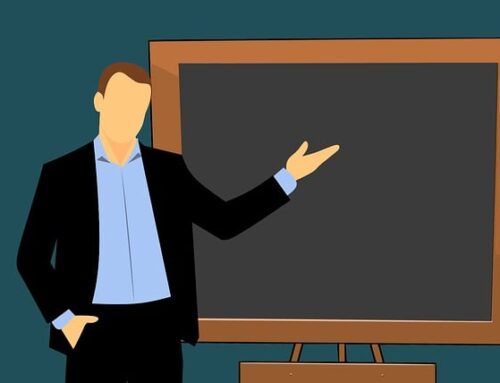As a dentist, you care about your patients and making sure they are healthy. And that goes beyond just their oral health. It also means their overall health and well-being. To go beyond just caring for your patients’ teeth, you might want to consider expanding your practice to dental sleep medicine and orofacial pain. Let’s take a closer look at why with the help of Ben-Pat Institute.
Dental sleep medicine
About 22 million Americans suffer from sleep apnea. To make matters worse, 80% of cases of moderate and severe obstructive sleep apnea go undiagnosed. This is where dental sleep medicine specialists come into the picture.
In 2017, the American Medical Association House of Delegates approved an American Dental Association policy statement. That statement addressed dentistry’s role in sleep-related breathing disorders by noting that dentists are key to providing treatment for sleep apnea with oral appliance therapy. This is especially important when patients can’t tolerate CPAP therapy.
Additionally, a dentist is often the first professional to notice a problem. This is often because a dentist is in contact with their patients more often than most physicians.
Orofacial pain and TMD
When patients are experiencing facial pain, it is often due to a condition involving the temporomandibular joint (TMJ). It is a muscle disorder called temporomandibular disorder (TMD). These disorders can cause recurrent or chronic pain and dysfunction in the jaw joint, which leads to further harm in the associated muscles and supporting tissues.
TMD is the second most commonly occurring musculoskeletal condition. It often results in pain and disability. This affects about 5 to 12% of the population. To make matters worse, it can cost about $4 billion annually. Unfortunately, though, only about 50% to two-thirds of those with TMD will actually seek treatment. Among those, about 15% will develop chronic TMD.
As dentists, we are committed to providing our patients with relief from their conditions. However, it is vital that dentists advance their education to learn more about craniofacial pain and TMD in order to provide proper care.
To be successful in setting up your orofacial pain and TMD practice, it is important to have thorough knowledge of these conditions. It is important, as dentists, to understand how to create highly successful and profitable practices, and we want to help.






